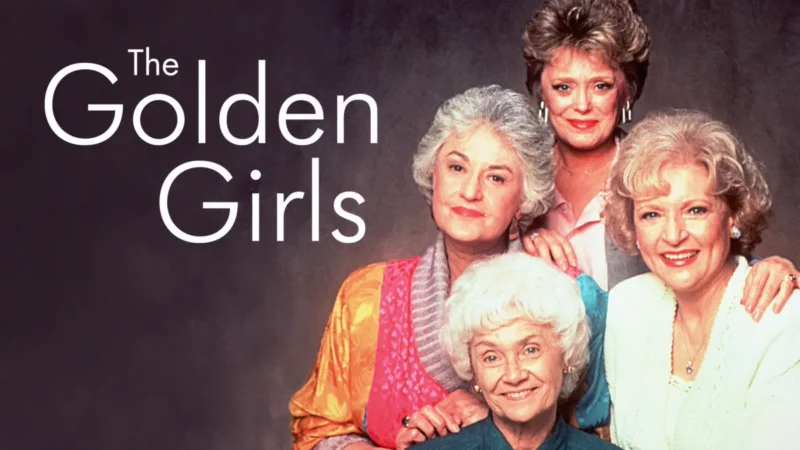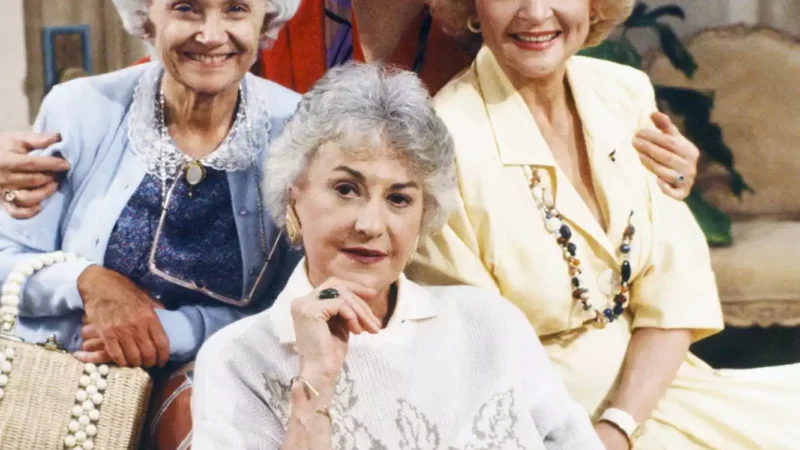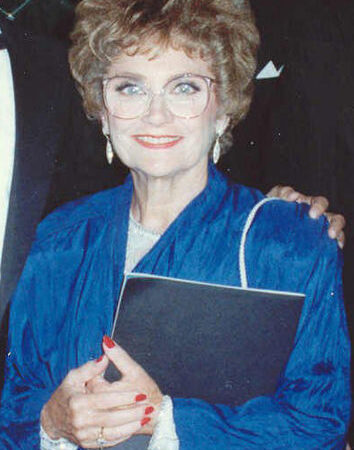Why *The Golden Girls* Defined a Generation Like No Other Show
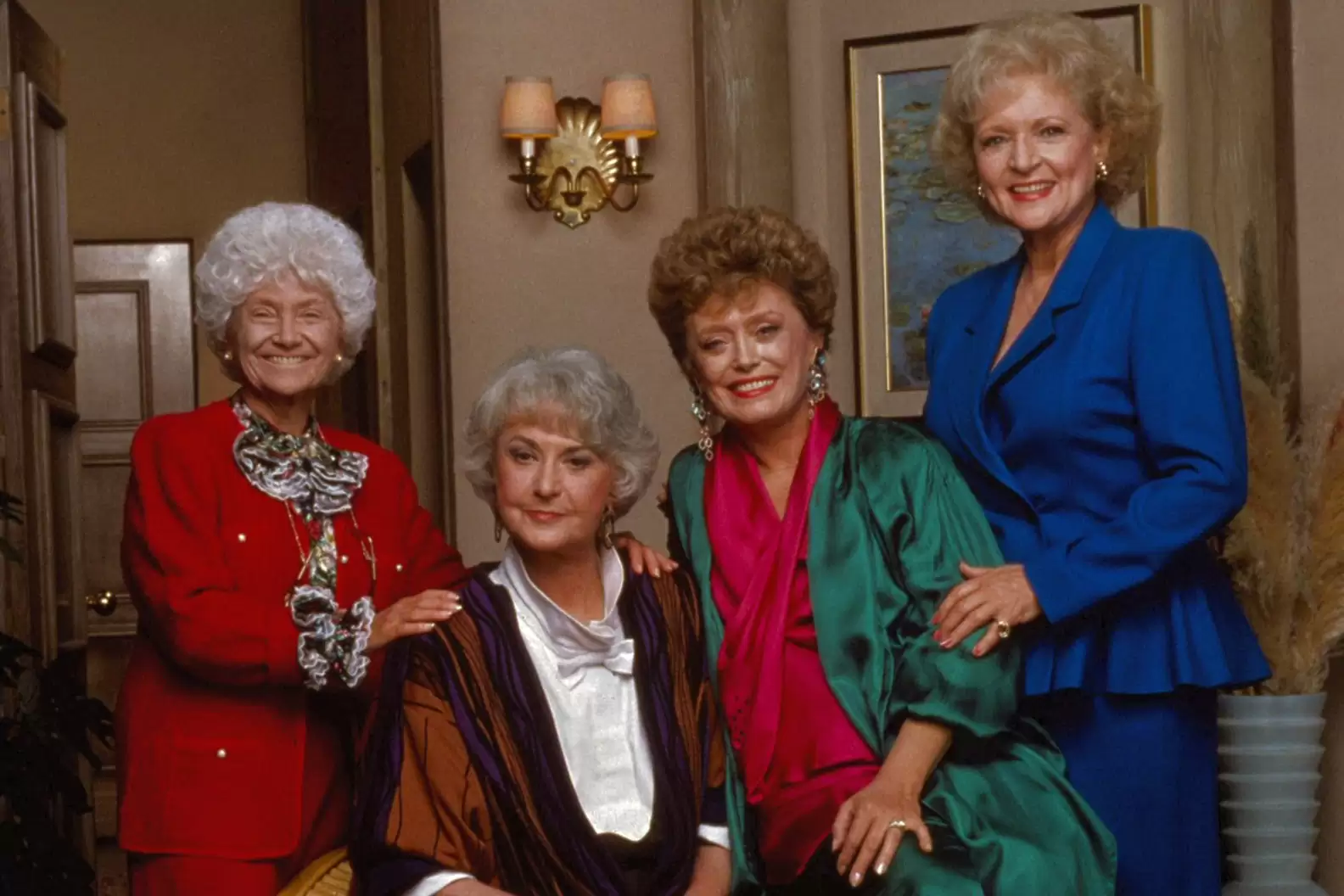
The Golden Girls: The Cultural Phenomenon That Shaped Generations
Even before all seven seasons of The Golden Girls hit streaming platforms like Hulu, the ’80s sitcom about four spirited Miami grandmothers had become a nostalgic cornerstone for fans worldwide. From puppet parodies like That Golden Girls Show to themed cafes like Rue La Rue Café in New York, the love for Blanche, Rose, Dorothy, and Sophia shows no signs of fading. But what made The Golden Girls more than just a beloved TV show? Here’s how it redefined our culture and continues to shape attitudes decades later.
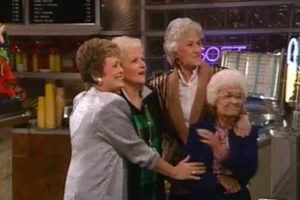
Breaking Boundaries with Representation
Long before marriage equality became a national conversation, The Golden Girls showcased one of TV’s earliest portrayals of same-sex marriage. Blanche’s brother Clayton’s engagement to another man wasn’t just groundbreaking—it was humanizing. Sophia’s wise words—“Everybody wants someone to grow old with. Shouldn’t everyone have that chance?”—offered a perspective on love and equality that resonated deeply and helped normalize acceptance for a generation of viewers.

Redefining Family
In a TV era dominated by traditional family sitcoms, The Golden Girls reimagined what “family” could mean. Dorothy, Blanche, Rose, and Sophia formed a chosen family, proving that love, loyalty, and connection transcend biology. For those of us who’ve spent holidays with friends rather than relatives—or coined terms like “Friendsgiving”—this show laid the groundwork for embracing nontraditional bonds.
Tackling Taboo Topics
The Golden Girls didn’t shy away from tough conversations. It tackled AIDS at a time when misinformation ran rampant, as seen in the episode where Rose fears she may have contracted HIV from a blood transfusion. The show also addressed women’s sexual health with humor and candor, like the unforgettable scene where Blanche schools judgmental bystanders at a pharmacy while buying condoms. These moments not only educated viewers but also empowered them to challenge societal stigmas.

Empowering Sexuality
Blanche Devereaux redefined what it meant for women to own their sexuality. By unapologetically embracing her desires, she shattered the double standard that often vilified women for the same behavior celebrated in men. Blanche was a precursor to modern TV heroines like Samantha Jones (Sex and the City), inspiring women to live confidently and without shame.
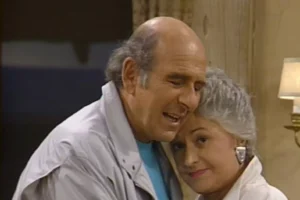
Aging with Dignity and Fun
The characters in The Golden Girls were often labeled “old,” but their on-screen lives were anything but dull. The show flipped the script on aging, showing that life in your 50s and beyond can be vibrant, fun, and full of opportunities for love and growth. At a time when older characters were often relegated to the sidelines, this series made them the stars, paving the way for a cultural shift in how we view aging.
The Legacy of Laughter and Lessons

While we can’t give The Golden Girls all the credit for shaping modern culture, its influence is undeniable. From tackling taboo topics with humor to redefining family and sexuality, the show was far ahead of its time. In a world where women-led ensemble casts often skew toward reality shows or melodrama, we can only hope that future TV takes a cue from Dorothy, Rose, Blanche, and Sophia.
Whether you’re binge-watching episodes or laughing over a well-timed Sophia zinger, one thing is clear: the legacy of The Golden Girls isn’t just golden—it’s timeless.
Written by Matt Meltzer. Matt once learned the meaning of “impotent” while watching a 1989 episode of The Golden Girls. Follow him @mmeltrez.

